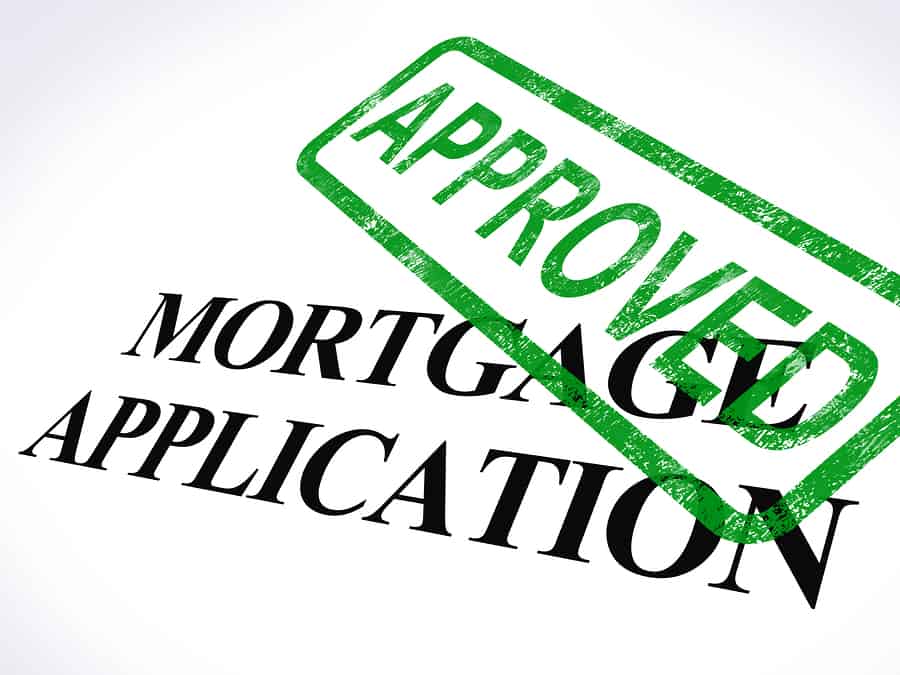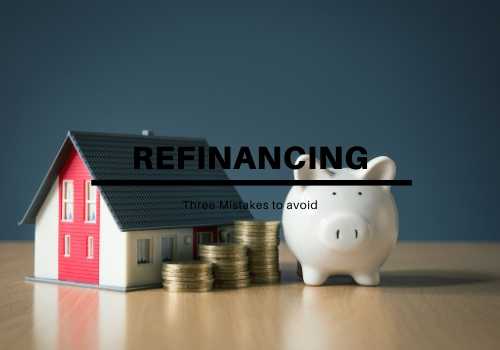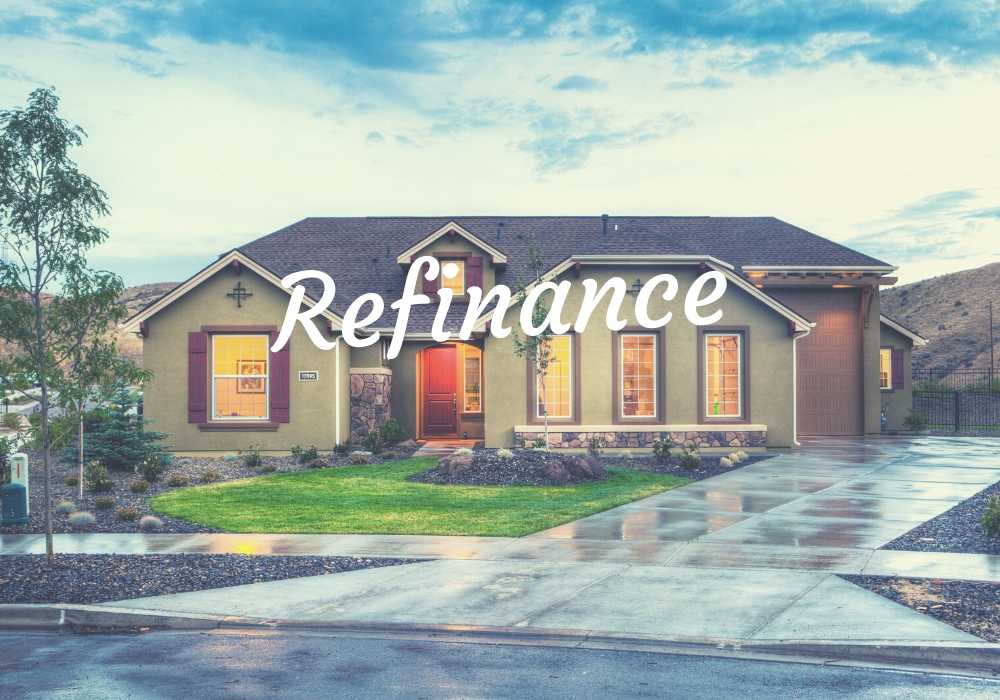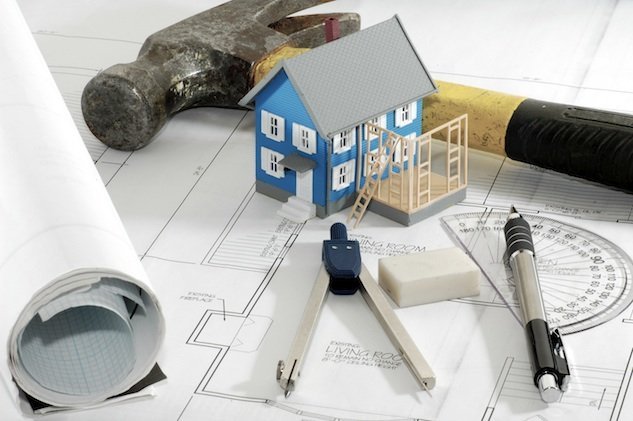Whether You Need $20,000, $500,000, Or $5,000,000 Maxium Dsouza – Mortgage Broker Is Your Best Alternative To A Bank!

Second Mortgage

Second Mortgage
It’s important to understand what a second and third mortgage actually is. A second mortgage is another mortgage that a homeowner can get in addition to their first mortgage. Second mortgages are usually smaller in size than the first mortgage and is given to the homeowner by a second mortgage company or a private lender. A second or third mortgage is a quicker and easier way for someone to get extra cash when they need it using the equity they have in their home.
A second or even third mortgage can be used to help pay down and consolidate higher interest debt in order to help you get out of debt faster, purchase a new home or property, home improvements and renovations, funding your child’s education, help a family member of friend, paying for business expenses or funding your own business, paying divorce or alimony costs, and more.
Maxium is specialized in helping our clients get approved for second and third mortgages even when the banks refuse to help. Having access to over 40 different lenders, Maxium will help you get the right second mortgage at the lohest interest rate and best term available to you. Whether you own one home or multiple properties, he can help you get approved and get the money you need quickly and hassle-free.
To borrow money through a second mortgage you need to have enough equity available in your home. Calculating home much equity you have available is easy. You simply take the value of your home and subtract any money that you still ohe to your mortgage. The amount of available equity increases as you make your monthly mortgage payments and will increase even more if the value of your property goes up.
If you already have a second mortgage and require additional money, he can help you look at your options. One option might be to refinance the second mortgage at a higher amount, or to take out a third mortgage. Maxium Dsouza can help you analyse your current financial situation and determine what option would be best for you given your specific situation.
He Helps Homeowners Get Approved Everyday, Even When The Bank Says “No”
Maxium understands that sometimes you might need extra money for various personal or business needs. These days it can be very difficult to get that money when you need it and the banks will often times put borrowers through a very long and time-consuming process only to deny them at the very end of the process. Luckily Maxium is here to help you get approved for a second mortgage or even third mortgage quickly and easily. Here are just a few of the more popular reasons that homeowners turn to Maxium to get the extra cash they need:
- Debt consolidation
- Education loans
- Home renovations
- Pay back taxes
- Business expenses
- Divorce and alimony costs
- Child support
- Car purchases
- Buying an additional home of property
Call or text Maxium today at 437-353-9977 or email us at info@maxiumdsouza.ca for a no obligation free mortgage consultation.









